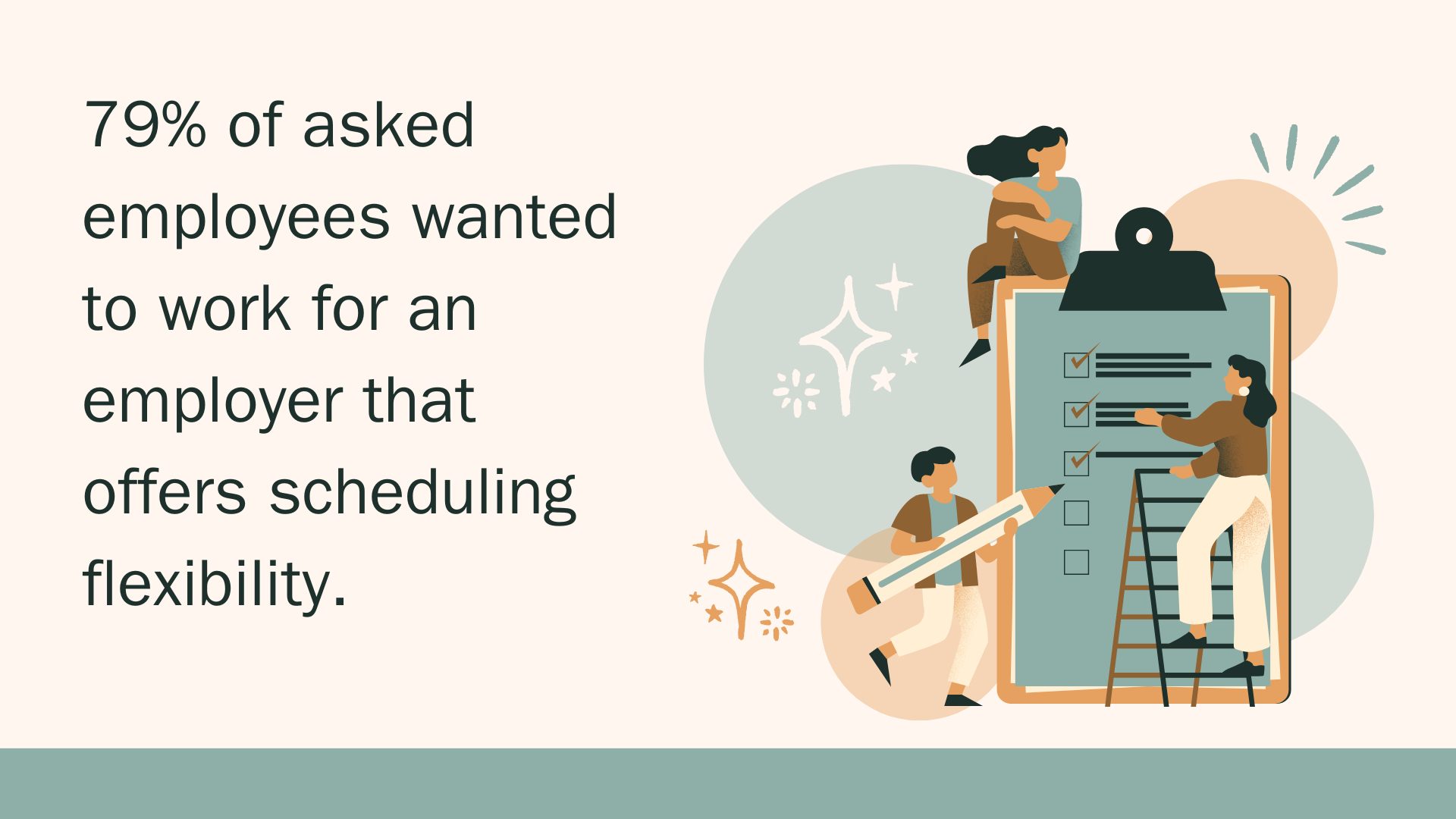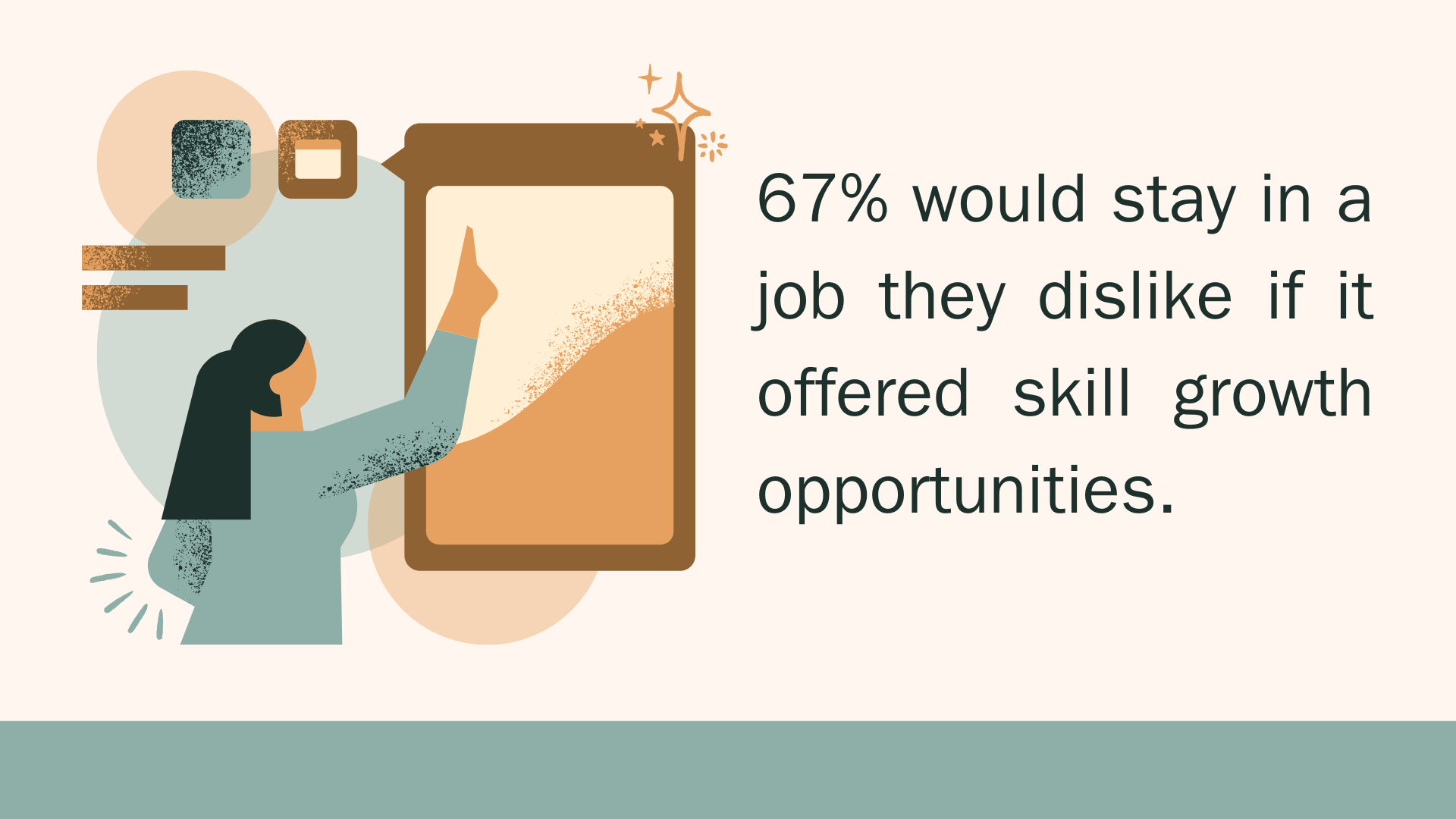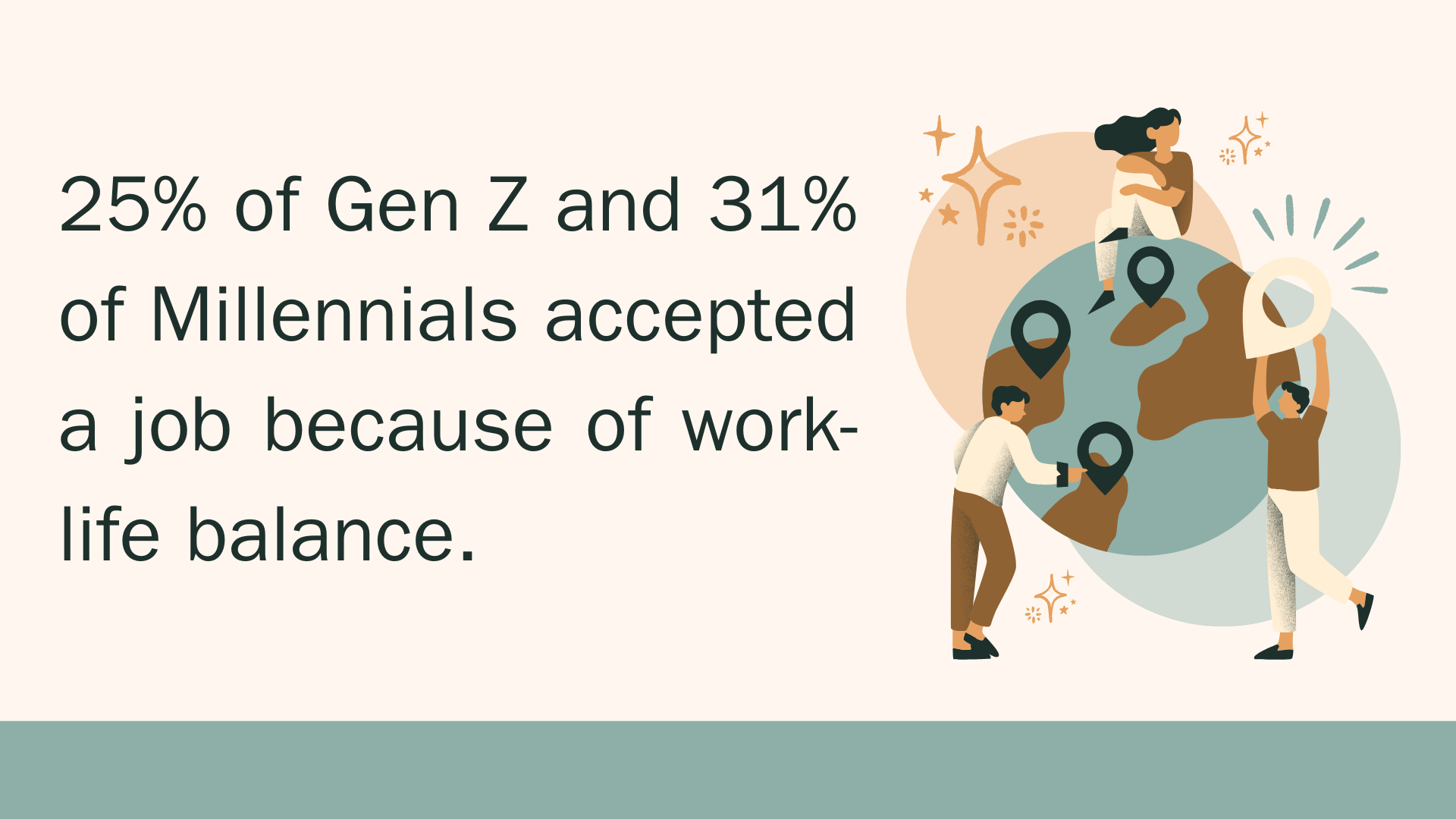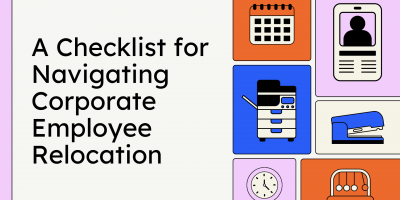
Favoritism in the Workplace
Favoritism in the workplace often operates quietly, shaping decisions and relationships in ways that can undermine fairness and trust. How can companies address this challenge before it creates a toxic workplace and stunts organizational growth?






